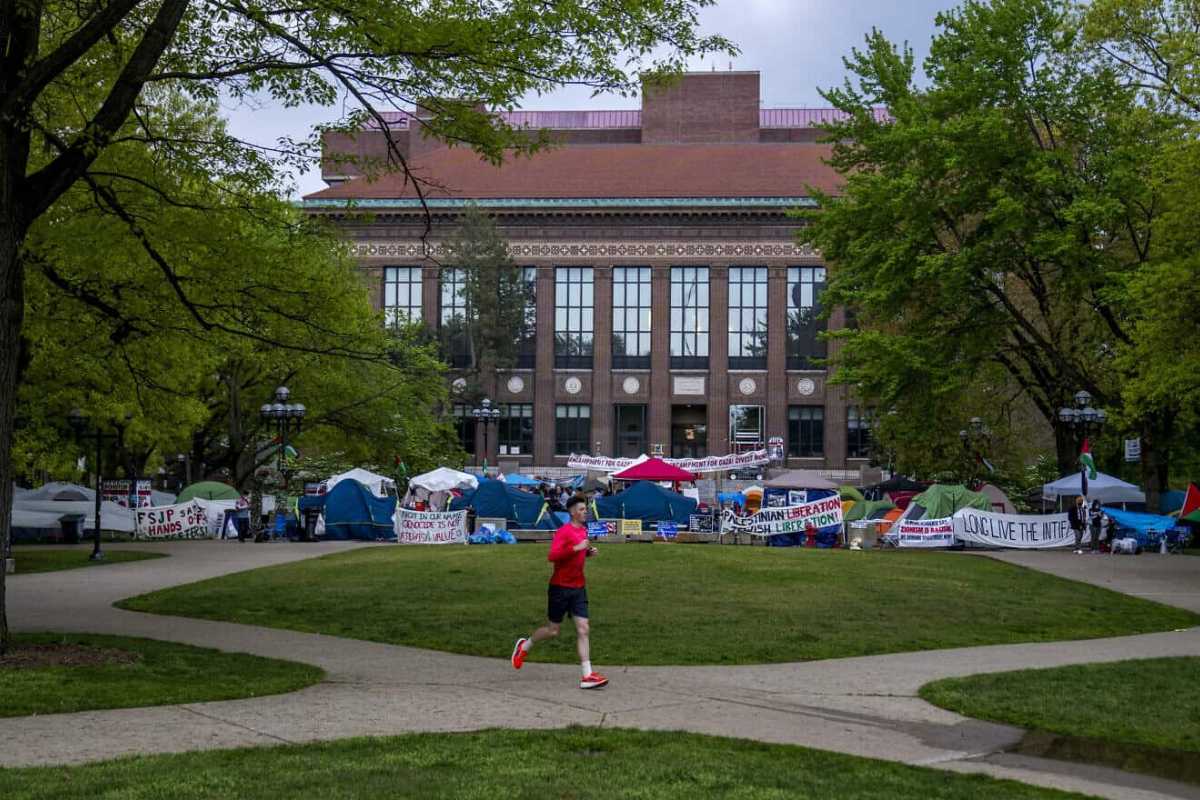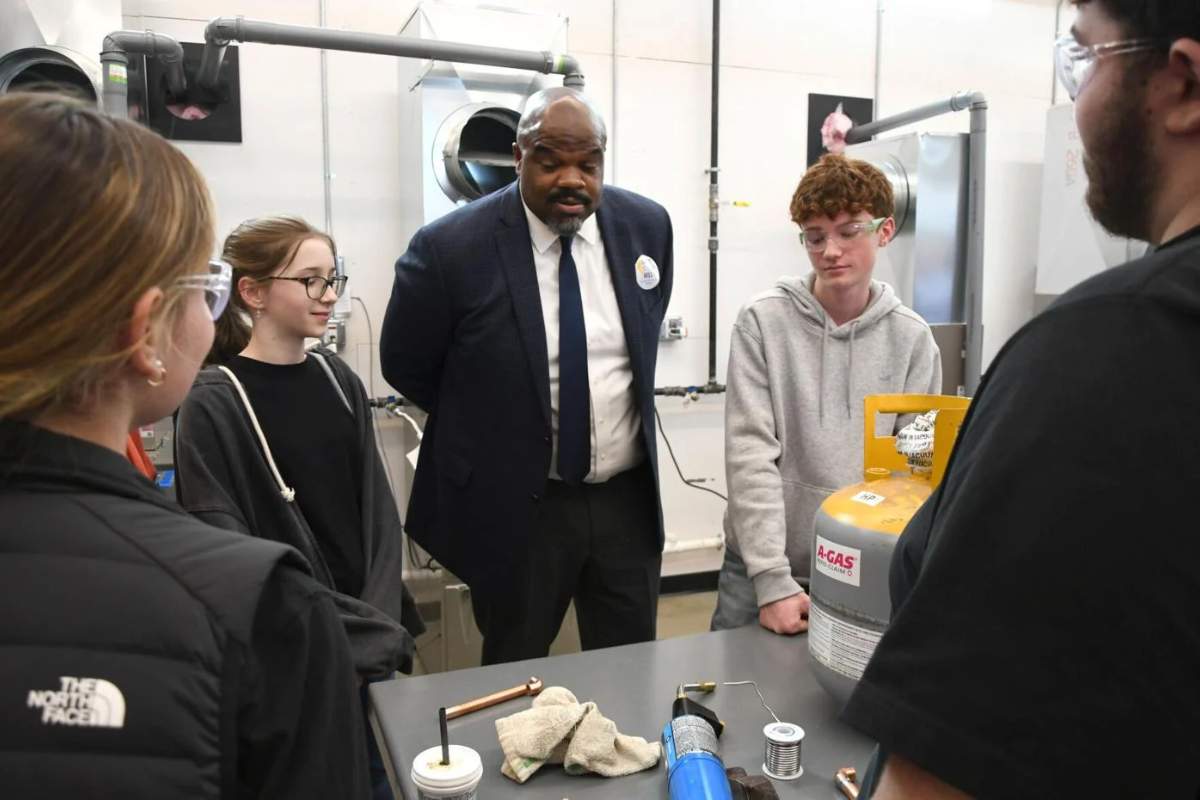The parent business of the well-known social media network TikTok, ByteDance, has been pushing for influence in the United States even as politicians grow worried about the programme’s potential hazards to national security given its connections to China.
ByteDance has spent close to $18 million lobbying the American government since 2019. However, its eight-figure funding drive for American universities has gone unnoticed. This is due to the fact that all receivers of TikTok funding, with the exception of one, did not properly record the gifts to the Department of Education.
As a part of TikTok’s Health Heroes Relief Fund project, ten institutions in the United States have signed donation agreements with the company, which will begin in late 2020. The recipients, all minority-serving universities with the exception of one, earned $1 million apiece to “ensure the success of future Black, Latinx, and Indigenous health heroes.” The money was intended to be given out as scholarships to medical students.
Universities are required by Section 117 of the Higher Education Act to report donations that are “owned or controlled” by a foreign source and total $250,000 or more in a calendar year. This is where TikTok’s presents fit. Beijing serves as the company’s main office.
However, it is incorporated in the Cayman Islands, like many Chinese businesses are. The middleman for ByteDance, TikTok Ltd., is incorporated in the Cayman Islands as well as managing the American subsidiary TikTok, Inc. in California.
The Department of Education makes it clear that institutions should consider how much control foreign parent firms have over American entities when disclosing funding. This needs to take into account the “practical realities of how the parties interact.”
While TikTok has attempted to give the impression that ByteDance and its American subsidiary are separate, several former TikTok employees told CNBC in 2021 that these boundaries were almost nonexistent. Recipients were required to record the TikTok funds in light of the corporate relationship.
The only institution to submit its complete $1 million grant to the Education Department was the University of South Dakota (USD). North Carolina Central University and Florida A&M University informed me through email that they would immediately declare their contributions in response to my request for comment in August, implying that they had previously done so without doing so.
However, even when colleges and universities correctly disclose their financial information in accordance with federal laws, opaque corporate structures like TikTok’s undermine the goal of transparency that Section 117 regulations seek to achieve.
The Cayman Islands, where ByteDance is incorporated, are noted as the source of the donation in USD’s report in the database of the Education Department. Universities are exempt from disclosing the donor’s name. The creator of this donation is actually a multinational firm with its headquarters in China, but this is not immediately clear from USD’s report.
Only after submitting an open-records request to USD as part of a larger National Association of Scholars research on foreign donations did I learn about this gift. It is obvious that additional specific information, such the donor’s name, should be necessary for disclosure.
TikTok’s gift contributed to the racial politics of medicine and may even be in violation of the recent Supreme Court affirmative action rule, in addition to questions of disclosure noncompliance. The gift’s sole recipient, USD, was required to dedicate “at least $500,000” of it to scholarships for “enrolled members of federally recognized Indian tribes or part of any other population historically underrepresented” in the medical and health sciences.
Race-conscious scholarship programmes are currently operating in a legal limbo as a result of the Supreme Court’s decision to ban racial discrimination in college admissions. Michelle Cwach, a spokeswoman for USD, pointed out that the Supreme Court does not regard enrolled tribal status as a racial classification for purposes of civil rights law, but she did not elaborate on how the institution understands the phrase “historically underrepresented.”
The Association of American Medical Colleges makes a clear connection between racial and ethnic factors and underrepresentation in medicine. Given that USD said that they are still managing the scholarship’s finances, state lawmakers ought to look into whether racial or ethnic information is taken into account while making award selections.
Federal lawmakers and police authorities should be alarmed when sizable donations with ties to enemies abroad are not disclosed. This gift wasn’t precisely kept a secret; on their websites, numerous colleges made public announcements about it.
The Biden administration’s failure to investigate this situation for more than two years speaks ill of its ability to enforce the law. Gifts reported from tax haven nations are still unknown. To stop our enemies from secretly funding American universities through tax havens, lawmakers should modify disclosure laws to require donor identities.
Also Read: As The School Year Kicks Off, The Education System Is Said To Be Down Thousands Of Teachers










